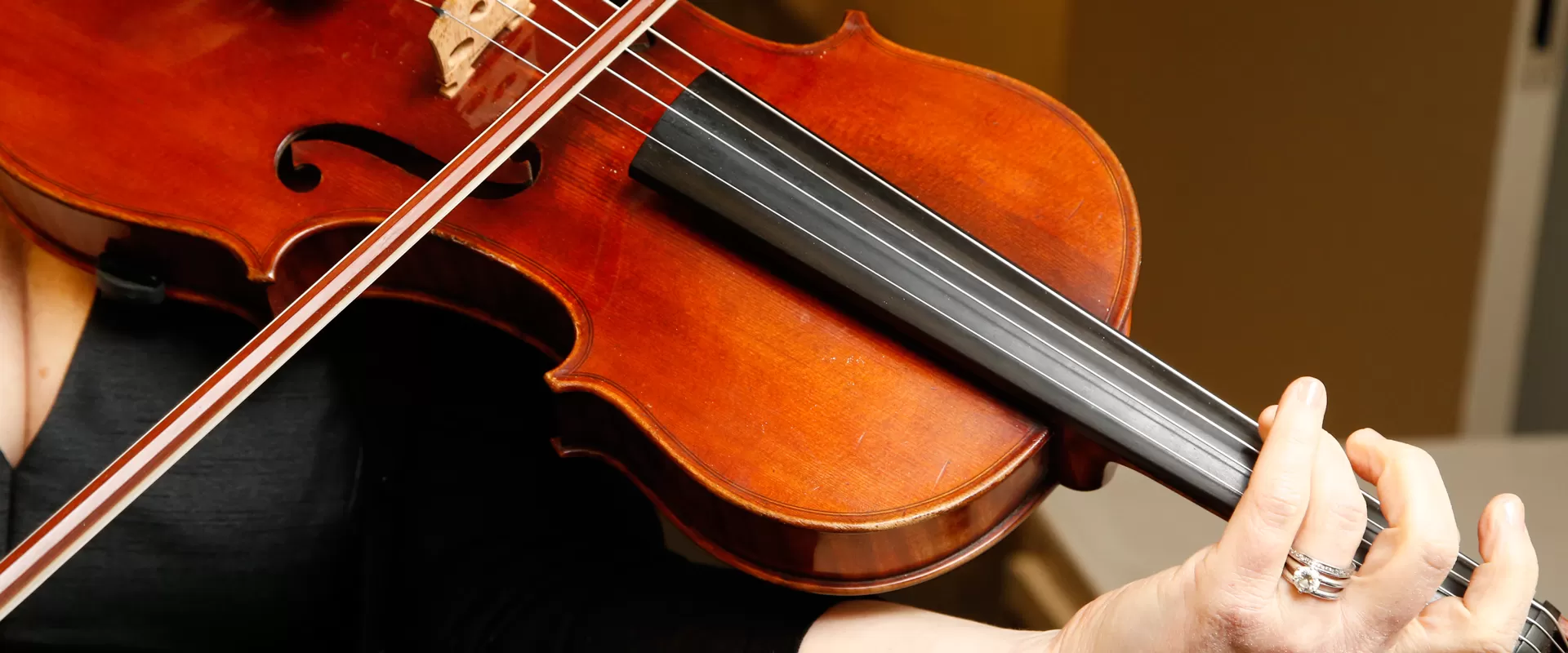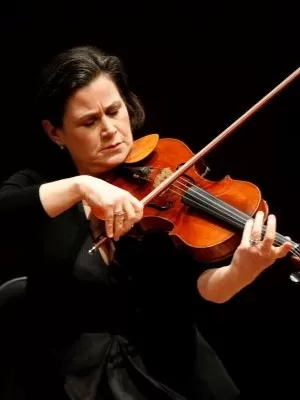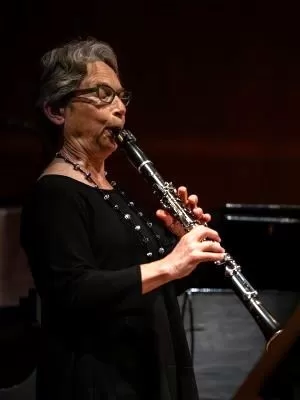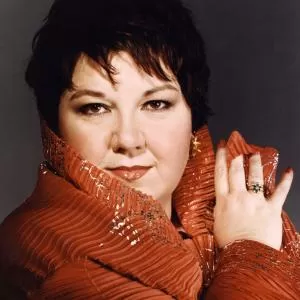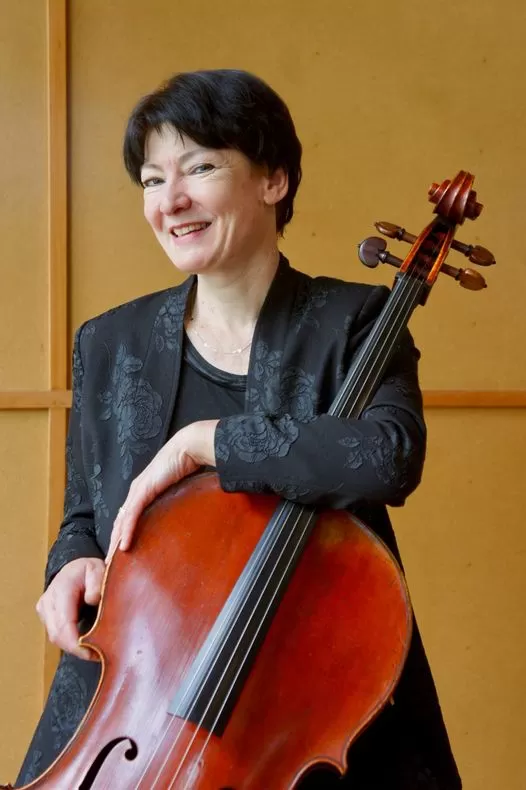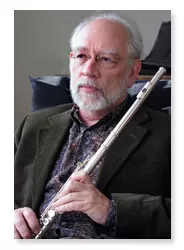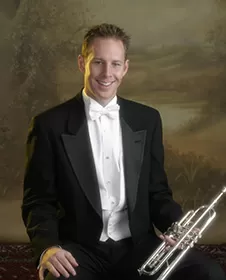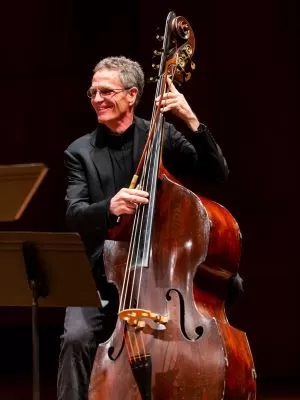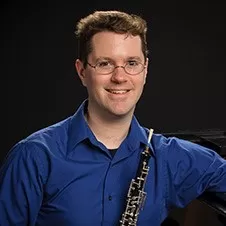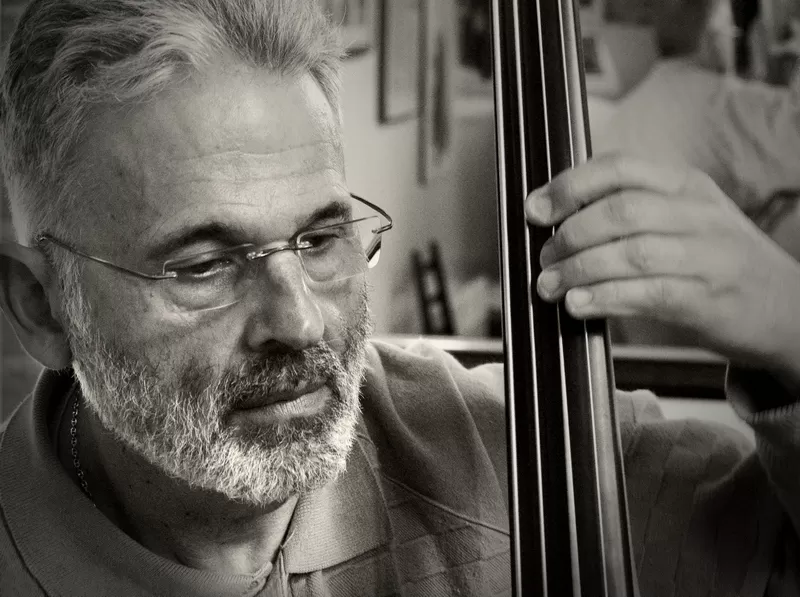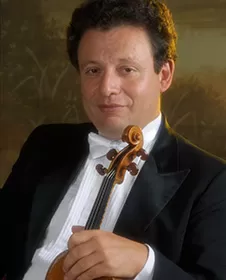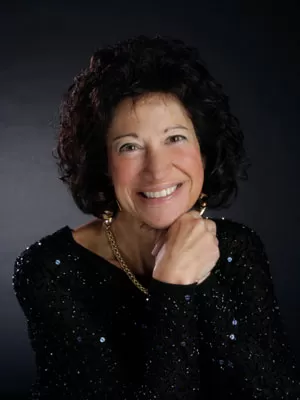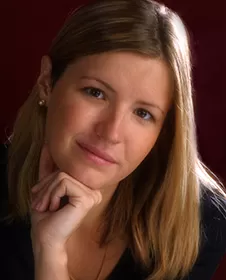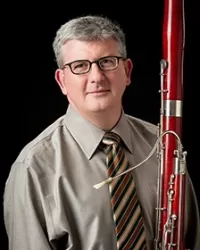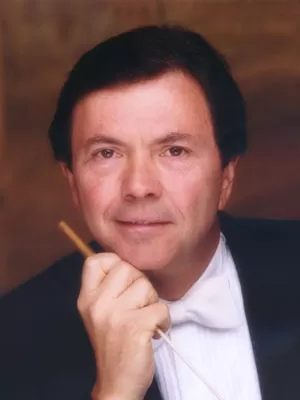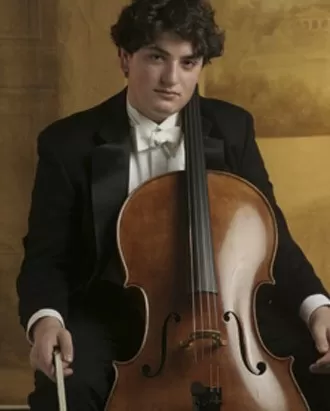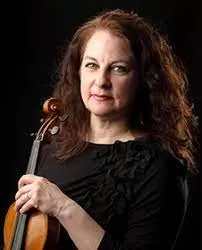Nov 4, 2007 - 12:00 pm
Sunday, November 4, 2007
4:00 p.m.
4:00 p.m.
Illsley Ball Nordstrom Recital Hall * Benaroya Hall, Seattle
Celebrating Ten Years of Musical Witness
Prayer (1924)
Ernest Bloch (b. 1880 – d. 1959)
Jeannie Wells Yablonsky, violin
Leonid Keylin, violin
Susan Gulkis Assadi, viola
Julian Schwarz, cello
Jonathan Green, doublebass
Gary Karr, doublebass soloist
Rudolf and Jeanette (2007)
Gerard Schwarz (b. 1947)
WORLD PREMIERE
COMMISSIONED BY MUSIC OF REMEMBRANCE
**INTERMISSION**
Letter to Warsaw (2003)
Thomas Pasatieri (b. 1945)
Commissioned by Music of Remembrance
Poetry by Pola Braun (c.1912 – 1943)
Warsaw Ghetto; Majdanek Concentration Camp
Poetry by Pola Braun (c.1912 – 1943)
Warsaw Ghetto; Majdanek Concentration Camp
English translation: Barbara Milewski
Jew
Allegro mesto
Tsurik a heym
Allegro
Andante
Moderato martiale
Mother
Allegro molto
Letter to Warsaw
Allegro martiale
Lento
An Ordinary Day, Moving Day, Kaddish
Jane Eaglen, soprano
Gerard Schwarz, conductor
Jeannie Wells Yablonsky, violin; Leonid Keylin,* violin; Susan Gulkis Assadi, viola; Mara Finkelstein and Julian Schwarz, celli; Jonathan Green, doublebass; Scott Goff, flute; Ben Hausmann, oboe; Paul Rafanelli,* bassoon; Laura DeLuca, clarinet; John Cerminaro, French horn; David Gordon, trumpet; Valerie Muzzolini, harp; Mina Miller, piano
*Rudolf and Jeanette only
*Rudolf and Jeanette only
About the Music
Prayer (From Jewish Life, 1924)
Ernest Bloch (b. Geneva 1880, d. Portland, OR, 1959)
.
For much of the 20th century, Ernest Bloch was the preeminent voice of a “Jewish” sound in concert music. Bloch was born into a home where the chants of Talmud study sank deeply into his musical memory. Later, his teachers included Émile Jacques-Dalcroze and Eugène Ysaÿe. In Geneva, he was a bookkeeper in his father’s business, while composing, conducting, and lecturing at the Geneva conservatory. Describing his music, Bloch stated: “It is the Jewish soul that interests me, the complex, glowing, agitated soul which I feel vibrating throughout the Bible…this is in me, and is the better part of me.”
Bloch made a significant contribution to American musical life as director of the Cleveland Institute of Music (1920 – 25) and the San Francisco Conservatory (1925 – 30). He lived for most of the 1930s in Switzerland, but emigrated to the United States in 1940 in reaction to the rampant anti-Semitism throughout Europe and the Third Reich’s policies banning the performance, publication and employment of Jewish composers. He was a professor at the University of California, Berkeley from 1942 – 52.
He composed From Jewish Life as a duo for cello and piano in 1924. The transcription for string quintet and doublebass solo we hear today was arranged by Alfredo Antonini for our guest artist, Gary Karr.
Gerard Schwarz (b. Hoboken, New Jersey, 1947)
- WORLD PREMIERE
- November 4, 2007, Benaroya Hall, Seattle, WA
- At Music of Remembrance’s Tenth Season Gala Concert
- Commissioned by Music of Remembrance Mina Miller, Artistic Director
Gerard Schwarz offers the following remarks:
My experience in writing In Memoriam (2005) for Music of Remembrance was a pivotal one—it brought me back to the joy of composition after a long absence, and so I was happily honored to be asked by Mina Miller to compose a new work for MOR’s 10th Anniversary. In keeping with MOR’s mission, I decided to compose a work in memory of my mother’s parents, Rudolf and Jeanette Weiss, who, in 1942, were shot at the edge of an open grave at the concentration camp in Riga, Latvia. Rudolf was exactly my age now when he was murdered in 1942. Although my parents emigrated to our country in 1939, my grandparents’ exit was denied, their sad fate sealed in that decision.
I have composed this work as a tone poem, so that through music I can honor the grandparents I never knew. The work is in five sections played without pause. The introduction is intended to be somewhat unsettling. A haunting melody, representing the uncertainty of the times, is played by the flute and accompanied by harp and celesta. The strings enter in an accompanying role until the second section begins, which is the love music, depicting the loving and passionate relationship between Rudolf and Jeanette. This leads directly to the Nazi march theme, which is based on the opening material of the flute, played here by the horn. The anger and hostility of the march ends abruptly and a group of Viennese waltzes, nostalgic memories, are played off stage by two violins, doublebass, and piano. These reminiscences are interrupted by disturbing material played by the horn, bassoon, and flute. The final waltz, transformed from C major to C minor, is played on stage by the strings, with cello obbligato. This leads directly into the funeral march or death march, as my grandparents were denied the dignity of a funeral. I end my work with the return of the same haunting chords that conclude the opening section.
I wrote Rudolf and Jeanette this past August and orchestrated it in September.
Letter to Warsaw (2003)
Thomas Pasatieri (b. New York, 1945)
Commissioned by Music of Remembrance
World premiere: May 10, 2004, Benaroya Hall, Seattle, WA at Music of Remembrance’s Holocaust Remembrance concert. Letter to Warsaw was composed for soprano Jane Eaglen and conductor Gerard Schwarz. It is dedicated to Music of Remembrance’s founder and artistic director, Mina Miller.
In January of 2003, MOR Artistic Director Mina Miller approached me about writing a song cycle based on six unpublished texts by the Polish cabaret artist Pola Braun. These texts were composed while Braun was incarcerated in the Warsaw ghetto and in the concentration camp Majdanek. Two of the texts were originally set to music that no longer exists. I was inspired by these poems, and their descriptions of a woman's loss of freedom and her home. That’s how it all began. I am so fortunate to have had such incredible texts to set.
–Thomas Pasatieri
Thomas Pasatieri’s song cycle Letter to Warsaw sets six texts by poet/cabaret artist Pola Braun (1912 – 1943). A pre-war poet and cabaret artist, Braun continued her artistic life in the Warsaw ghetto, and later while incarcerated at the Majdanek concentration camp. While few details of her life are known, recent evidence suggests that Braun was born in 1912 in Zgierz, Poland. Until the beginning of the war, she worked in the Warsaw offices of the satirical review Szpilki. In the Warsaw ghetto, she belonged to a small group of artists at Sztuka (Art), a literary cabaret/café. The group included such artists as the well-known Jewish poet and songwriter Wladyslaw Szlengel, singer Marysia Ajzensztadt (the “Ghetto Nightingale”) and the distinguished Warsaw pianist Wladyslaw Szpilman (whose memoir was the basis for the award-winning film The Pianist). Braun was murdered on November 3, 1943, in the mass executions code-named Aktion Erntefest (Operation Harvest Festival) by the Nazis – the liquidation of approximately 42,000 Jewish prisoners from Majdanek and other concentration and labor camps in the Lublin district.
Two of the six poems in the Letter to Warsaw song cycle, Jew and Tsurik, were written during Braun’s period in the Warsaw ghetto. The remaining four – Mother, Letter to Warsaw, Ordinary Day, and Moving Day – date from her incarceration in Majdanek. Braun sang her own songs in secret concerts in a Majdanek barrack for Jewish and Polish women prisoners, accompanying herself on a piano from the ghetto. These heartfelt songs stirred deep emotions, particularly of Polish women from places other than Warsaw who identified with her message. Unfortunately, none of Braun’s original music has been recovered.
Letter to Warsaw opens a window to the emotional life of all women trapped in the web of Holocaust tragedy. Braun’s voice of witness ensures that she will not be swallowed up by the anonymity of history. Through Pasatieri’s music, her words tell a story and remind us that each victim of the Holocaust was a unique individual.
